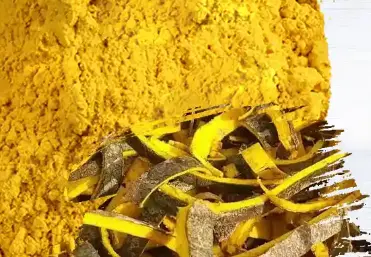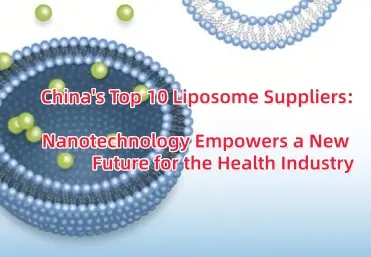
What are the side effects of mushroom glucan powder?

How to take lions mane polysaccharide?
Since ancient times, Hericium erinaceus has been known as "benefiting the five internal organs and aiding digestion" in the Compendium of Materia Medica, but what really made it join the ranks of modern functional foods was the separation and structural analysis of its polysaccharide components by Japanese scholars in the 1970s. Scientists have found that Hericium erinaceus fruiting bodies and mycelium are rich in β-glucan, heteropolysaccharide and glycoprotein complexes. These macromolecules build a "biological firewall" for the body by activating multiple immune pathways such as macrophages, T cells, and NK cells.

Is mushroom coffee good for weight loss?
In the past two years, mushroom coffee has become popular with the reputation of "healthy" and "effective", and has become a new favorite for many people for breakfast or afternoon tea. This drink, which mixes mushroom extract and coffee powder, has both the aroma of coffee and the nutrition of mushrooms, and is even said to be a "weight loss magic tool". So can mushroom coffee really help lose weight? Let's take a good look at its key points - the ingredients of mushroom coffee powder, the impact on metabolism, and satiety.

Can reishi mushroom polysaccharide replenish the body?

Is vitamin b12 cyanocobalamin safe?
Cyanocobalamin is used as a vitamin B12 supplement in food ingredients. According to national standards, the amount of cyanocobalamin added to food is between 0.05-0.1 mg/kg. Generally speaking, the purpose of adding cyanocobalamin to food is to supplement the body's lack of this vitamin. However, excessive addition will have adverse effects on the human body, so the amount of addition needs to be strictly controlled.

6 Questions about Ceramides
Ceramide is known as the "cement" of the skin. There are several questions in its application. The following are answered by the technicians of SOST biotech...

What does berberine hydrochloride do?
Coptis chinensis is one of the famous Chinese medicinal materials. It has strong antibacterial properties and has a good effect on acute conjunctivitis, aphthous ulcers, acute bacterial dysentery, acute gastroenteritis, etc. Coptis chinensis contains a variety of alkaloids, with berberine hydrochloride as the main active ingredient, as well as coptisine, methyl coptisine palmitoyl alkaloids and african alkaloids.

Sost biotech shines at 2025 CPHI API Shanghai Exhibition
Sost biotech shined at the CPHI API Exhibition, launching a new series of formulated products-Chinese medicine formula granule at the exhibition and gaining public recognition.

How to use pearl powder for eyes?
Pearl powder is used in traditional Chinese medicine to treat vision problems, mainly for people with decreased vision, cataracts or eye inflammation.It has a cooling nature that can relieve liver fire in the body, thereby relieving eye problems.Pearl powder can also protect the nerves. It is rich in selenium and zinc, which can help the body complete the entire metabolic process and protect the body's health.

Does freezing garlic destroy allicin?
The pungent flavor of garlic is loved by people, and regular consumption of it also has some significant benefits. The active components in garlic are mainly allicin. Allicin, often referred to as "the heart of garlic", is produced when the garlic cloves are crushed or chewed. Currently, frozen food is becoming increasingly popular, and this has raised questions about whether frozen garlic would damage the structure of allicin. In this blog post, we will delve into this topic and explore the relationship between freezing, allicin, and the overall health benefits of garlic.

 Food Additives
Food Additives









